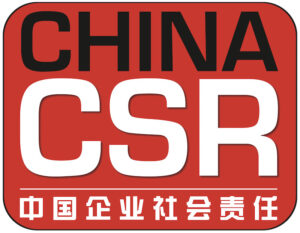China's State Administration for Industry and Commerce has issued four measures to further strengthen market management and regulate how promotions are handled at retail outlets.
The four measures include: enlarging patrol checks on shopping malls and supermarkets to punish illegal sales promotions that may involve business bribery, hinder fair competition or infringe consumers' interest; strengthening the inspection of wholesale markets, agricultural markets, shopping malls and supermarkets, particularly the daily necessities sold at these venues by taking advantage of fast testing methods, and punish those sellers to ensure that the unqualified goods can be withdrawn; eliminate behavior that do harm to consumer's rights and disturb the normal market order, such as illegal operation, forestalling and bidding up goods prices; and bringing consumer complaint reporting to a higher level.
Some Chinese retailers have reportedly harmed consumers by unfair competition and illegal promotions in recent months. At the end of last year, Sichuan Provincial Pricing Department issued a warning to 19 drug retailers who reportedly were involved in illegal pricing. The 19 drug retailers include Hua'antang, Kangbei and Ben Cao Tang and they together occupied about 90% of the drug retail market in Chengdu. Headed by Chengdu Municipal Chamber of Commerce for Drug and Medicine, these companies participated in and colluded to set drug prices to manipulate the price of the drug market.
High prices have been on mind of the Chinese government lately. In February 2008, the National Development and Reform Commission took temporary measures to limit the prices of goods like grain, oil, meat, eggs and milk. Since May 2007, there has been a dramatic increases in prices in China. In the first half of January 2008, the retail price of bean oil, pork, beef and mutton in 36 cities in China increased by 58%, 43%, 46% and 51%, respectively, compared with that of the same period of last year. Some companies are taking the opportunity to raise their prices too much and this has affected social stability. As a result, NDRC took the temporary measures to limit the goods price according to China's Price Law which says that provisional measures can be taken when there is a dramatic rise in prices or possible increases of prices.

